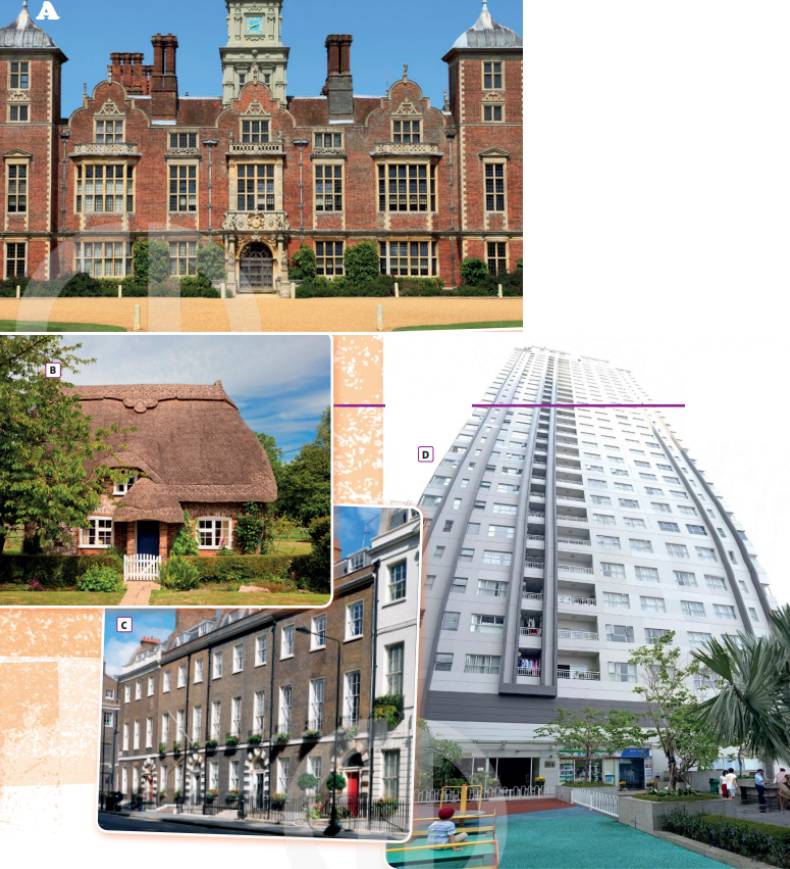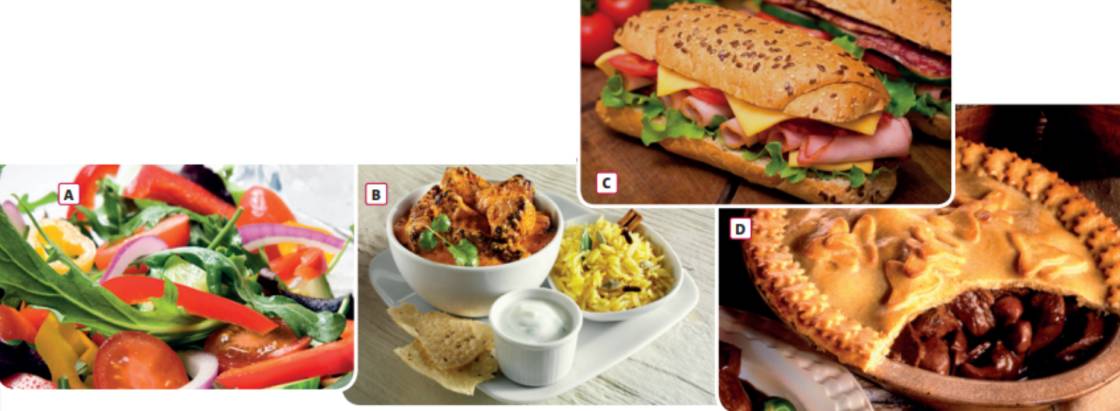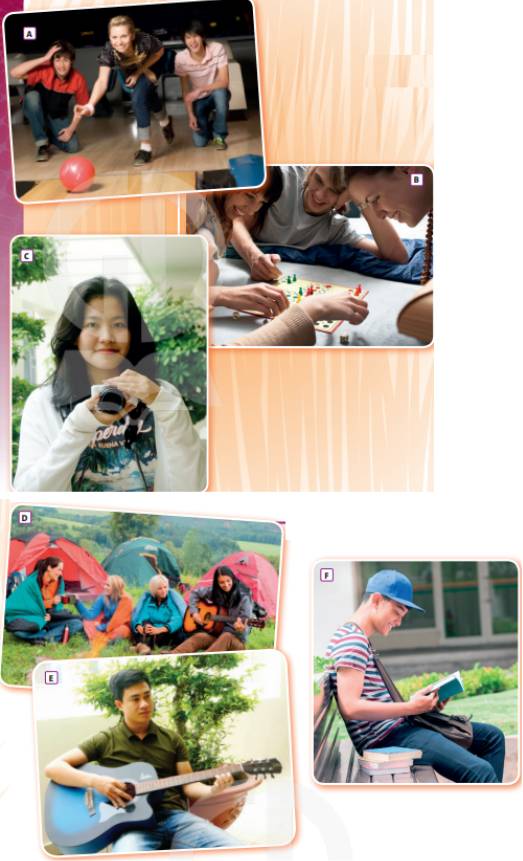Hãy nhập câu hỏi của bạn vào đây, nếu là tài khoản VIP, bạn sẽ được ưu tiên trả lời.

![]()
LEARN THIS! The third conditional
a We form the third conditional with if + past perfect, would have + past participle.
If I had seen her, I would have offered her a lift.
b We use the third conditional to talk about imaginary situations and to say how things could have been different in the past.
If you hadn't gone by taxi, you 1 wouldn’t have arrived (not arrive) on time.
c We often use it to express regret or criticism.
If you 2 had left (leave) earlier, you 3 wouldn’t have been (not be) late!

Amelia Humfress is a 24-year-old entrepreneur whose aim is to make her own company, Steer, the best in the world for teaching people how to make their own websites. She has decided that it is the courses of Steer that can make it different from other companies. The courses vary from web design to computer coding. They focus more on the learners' chances to experience and practice rather than theoretical lessons. Amelia did not start out setting up such a school. It was when she was looking for a web design course for herself that the idea for the company Steer came to her. Her plan grew slowly. At first, she lacked confidence, but she then found an office where she could start the business. Soon her business grew quickly. Amelia thinks that more young people should start the businesses that they dream about. It is just a lack of confidence, not any other factor that holds them back.
* Nghĩa của ba câu chẻ
- it is the courses of Steer that can make it different from other companies.
(chính các khóa học của Steer có thể làm cho nó khác biệt với các công ty khác.)
- It was when she was looking for a web design course for herself that the idea for the company Steer came to her.
(Chính khi đang tìm kiếm một khóa học thiết kế web cho mình, ý tưởng thành lập công ty Steer đã đến với cô.)
- It is just a lack of confidence, not any other factor that holds them back.
(Đó chỉ là sự thiếu tự tin chứ không phải yếu tố nào khác kìm hãm họ.)

A: What do you usually do on weekends?
B: I often stay at home to recharge my battery after a long week of studying. On Sunday, I usually hang out with my friend at the coffee shop and go to the supermarket to buy some food for the next week.
A: How about this weekend? What are you doing?
B: On Saturday, I’m practicing playing badminton to prepare for the competition at my school.
A: And on Sunday?
B: Well, this Sunday, I'm going to the cinema at Vincom center to watch “Nha Ba Nu” movie with my family. It is a famous family movie. Would you like to come with us?
A: Yes, I’d love to
Tạm dịch:
A: Bạn thường làm gì vào cuối tuần?
B: Tôi thường ở nhà để nạp năng lượng sau một tuần dài học tập. vào Chủ nhật, tôi thường đi uống cà phê với bạn bè và đi siêu thị để mua một số thực phẩm cho tuần tới.
A: Còn cuối tuần này thì sao? Bạn sẽ làm gì thế?
B: Vào thứ Bảy, tôi dự định tập chơi cầu lông để chuẩn bị cho cuộc thi ở trường của tôi.
A: Và vào Chủ nhật?
B: À, chiều Chủ nhật này, tôi sẽ đến rạp chiếu phim ở trung tâm Vincom để xem phim “Nhà Bà Nữ” với gia đình. Đó là một bộ phim gia đình nổi tiếng. Bạn muốn đi cùng chúng tôi không?
A: Vâng, tôi rất thích.

A. mansion (khu nhà lớn)
B. thatched cottage (nhà tranh lợp mái)
C. semi-detached house (nhà liền kề)
D. flat (căn hộ)
A: What type of home do you live in?
(Bạn sống trong loại nhà nào?)
B: I live in a detached house in district 10.
(Tôi sống trong một căn nhà biệt lập ở quận 10.)


1 Where is Wat Arun located?
(Chùa Arun nằm ở đâu?)
2 Why is Wat Arun called the 'Temple of Dawn'?
(Tại sao Wat Arun được gọi là 'Ngôi đền Bình minh'?)
3 What can be filled in bread to make difference to banh mi?
(Có thể cho nhân gì vào bánh mì để tạo sự khác biệt cho bánh mì?)
4 Why are vegetables added to banh mi?
(Tại sao rau được thêm vào bánh mì?)
5 When are the buses packed with passengers?
(Khi nào xe buýt chật cứng hành khách?)
6 Which opportunities can be offered to the man's family?
(Những cơ hội nào có thể được cung cấp cho gia đình của người đàn ông?)

*Picture A: tennis court, safety net, sea shore, tower block.
(Hình A: sân tennis, lưới an toàn, bờ biển, tòa tháp.)
*Picture B: flood lights, swimming pool, tower block
(Hình B: đèn pha, bể bơi, tòa tháp)
*Picture C: main road, mountain range
(Hình C: con đường chính, dãy núi)



1. used to live
2. Did - go
3. didn’t use to pay
4. didn’t use to have
5. used to wait
6. used to do
7. used to be